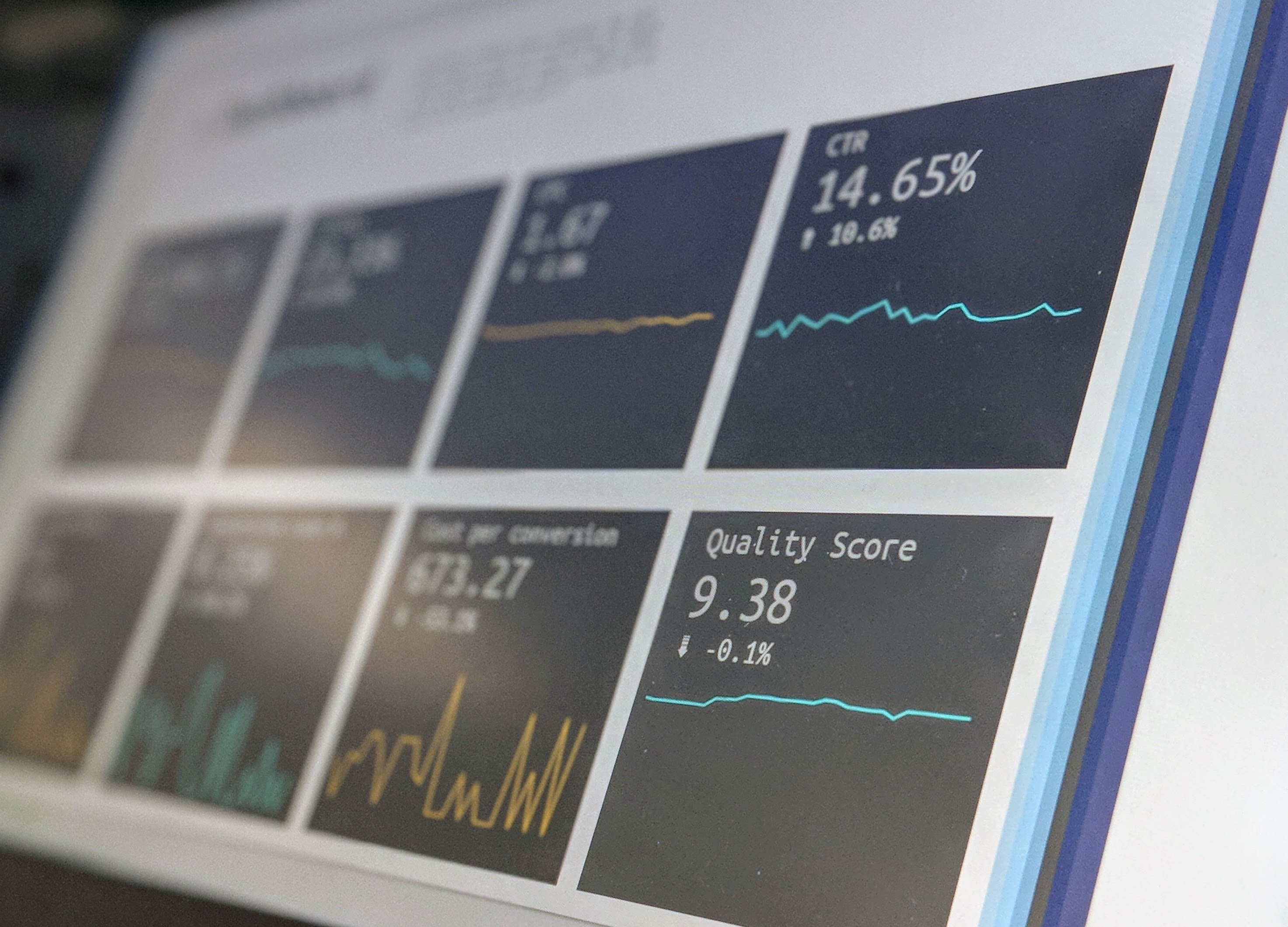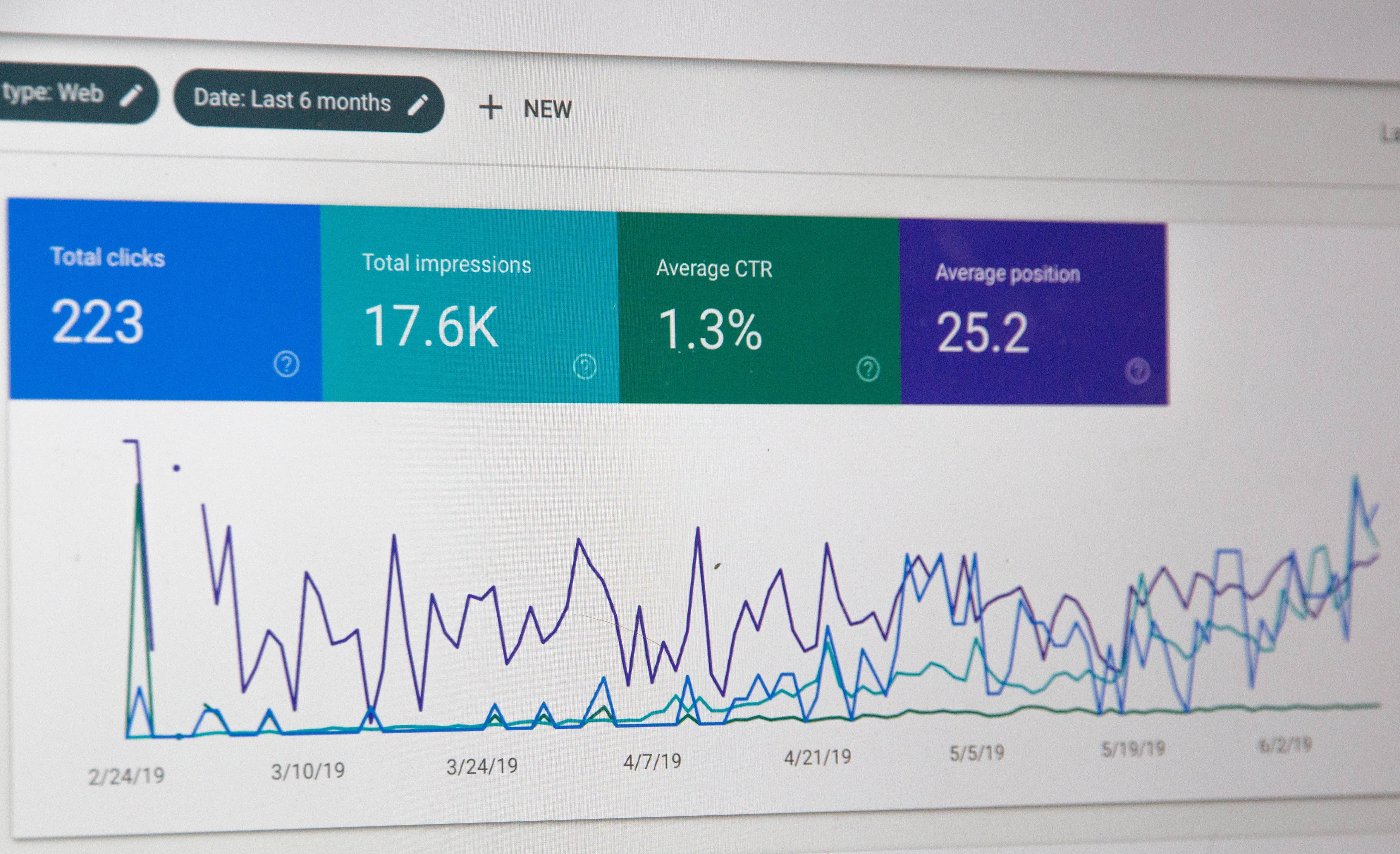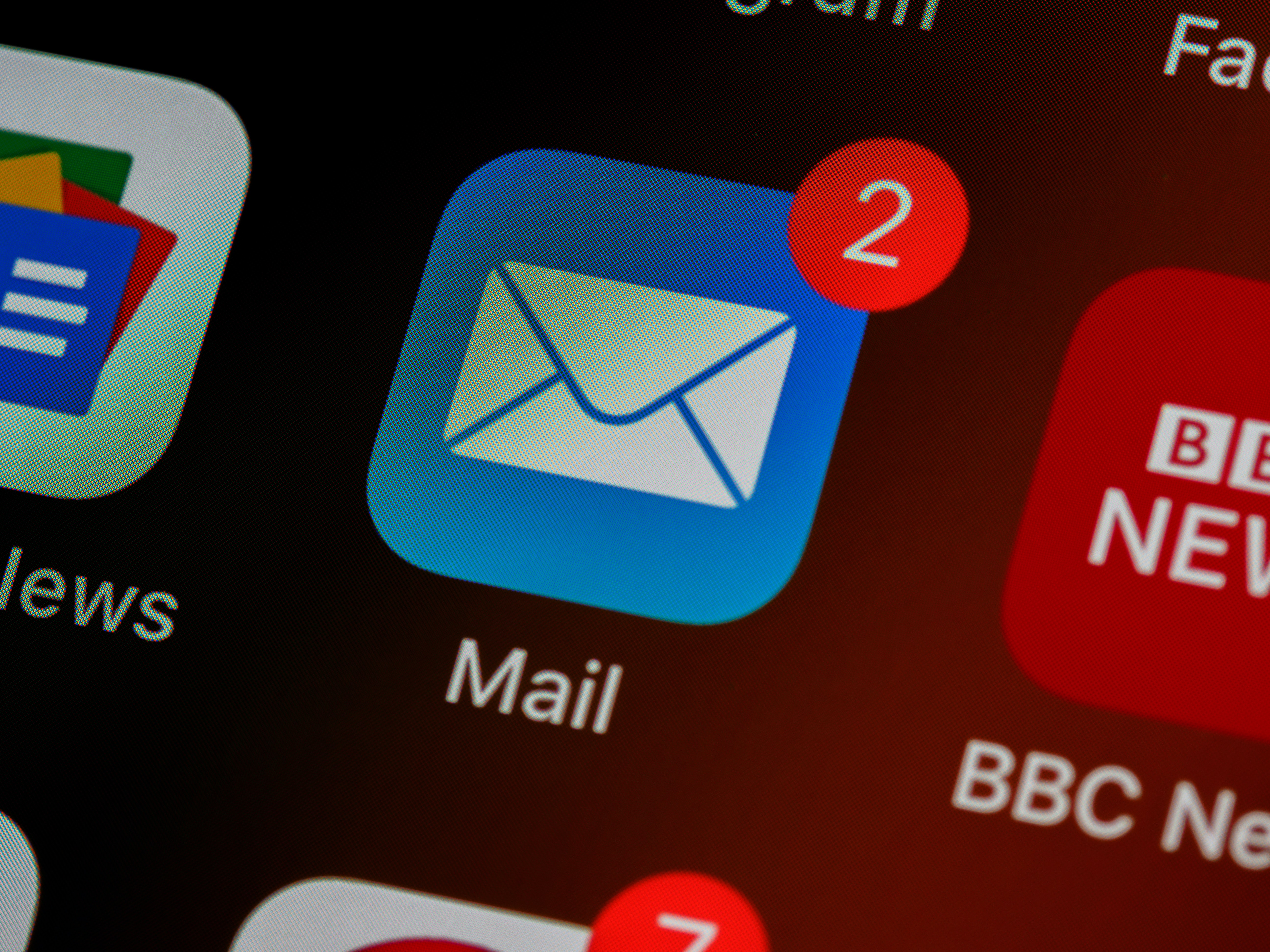
Marketing automation is a powerful tool that can help businesses increase productivity while streamlining their marketing efforts.
With the right strategy, marketing automation can help businesses reach their target audience faster and more effectively, resulting in higher sales and more satisfied customers.
In this article, we'll discuss the following:
- Marketing automation in more detail.
- The benefits of marketing automation for marketing teams.
- Common uses for marketing software.
- How you can leverage marketing automation to improve website traffic, conversions, and the entire customer journey.
- How to create a marketing automation strategy.
What is Marketing Automation Software?
Marketing automation software is an all-in-one, integrated platform that helps companies streamline their marketing efforts, manage customer databases, and maximize ROI.
It automates the manual, tedious marketing processes, such as lead nurturing, customer segmentation and campaigns, and allows for more effective use of marketing resources.
With marketing automation, businesses can use data to drive decisions, automate and optimize campaigns, and deliver personalized experiences to customers.
The Benefits of Marketing Automation
Save Time
Automation saves marketers time by automating repetitive tasks, freeing time for more creative activities.
Additionally, marketing automation allows for more efficient customer segmentation and personalization, improving customer engagement and the effectiveness of campaigns.
Improve Efficiency
Automated processes also allow for more efficient marketing efforts, with fewer manual tasks and fewer chances for human error.
According to a study by Nucleus Research, companies that implemented marketing automation saw an average of 9.3% increase in sales productivity and a 12.2% reduction in marketing overhead costs.
Additionally, marketing automation can help companies increase email open rates by 86%, website visits by 55.3%, and leads by 451%.
Increased Reach
Automation can also help your brand reach a wider audience with more personalized messaging.
Improved ROI Automation helps marketers prioritize activities that are most likely to lead to conversions, helping to ensure higher ROI.
Statistics show that companies that use marketing automation are able to increase their customer engagement by up to 20%, as well as their website traffic and lead generation by up to 50%.
This can lead to a rise in conversions and sales, ultimately making marketing automation an important tool for any company looking to maximize its reach and results.
Increased Insight
Automation can help marketers gain deeper insights into customer behaviour, preferences, and interests, allowing for more targeted and effective marketing campaigns.
Marketing automation offers access to a wealth of data and otherwise unavailable insights. The statistics show that businesses using marketing automation have dramatically increased their analysis capabilities.
For example, automated marketing campaigns have enabled businesses to collect and analyze data more quickly and accurately, allowing them to make smarter decisions about their marketing strategies and campaigns.
Additionally, marketing automation has enabled businesses to measure and track customer engagement, providing them with valuable insights into customer behaviour and preferences, which will influence future marketing campaigns.
Improved Customer Retention
Automation helps marketers better understand customer needs and preferences, improving customer retention and loyalty.
It also provides the tools you need for more personalized email marketing automation and other customer touchpoints to help a customer feel valued and desired.
A study by Experian found that companies that used marketing automation experienced an 80% increase in customer retention rates compared to those that did not.
Common Uses For Marketing Automation Tools
Segments and flows
One of the most common uses of marketing automation tools is for improved segmentation and customer flows.
Marketing automation tools allow you to segment customers automatically based on several key factors, such as age, demographic, or purchase history.
This automatic segmentation allows you to spend more time focusing on the marketing message that is sent to each specific group, ensuring it is more tailored to their needs.
It is unlikely, for example, that a marketing message that suits a manufacturing company will also be the perfect marketing message for a tech-based company.
Marketing automation tools can also conduct lead scoring, which is where your marketing automation system scores leads based on their activity and determines which ones are the most likely to convert.
This information allows you to tailor a marketing campaign to focus on those high-potential leads, which in turn makes conversion more likely.
Track website visitors
Another common use of marketing automation is to track website visitors. Marketing automation can monitor website behaviour to identify which areas of your site are getting the most traffic and which areas seem quite quiet.
This process is fantastic for identifying pain points within your customer journey and setting marketing tasks for your team to fine-tune the journey to make it as seamless as possible.
It also highlights particular products or services a visitor might be interested in, which you can then follow up with targeted email campaigns.
For example, if you track a visitor on your website who has looked at a particular product but decided not to purchase it, you can follow that action up with an automated email promoting a discount on that particular product to incentive purchase.
This level of targeting will have a significant impact on your conversion rates.
Email marketing
One of the most effective uses of marketing automation tools is email marketing.
Marketing automation tools used within CRM campaigns allow you to automatically send personalized welcome emails to new customers, re-engagement emails with previous customers and lead conversion emails to potential customers.
The possibilities are almost unlimited when it comes to what marketing automation can do for your CRM marketing strategy.
One of the best benefits of marketing automation software is that it can automate repetitive tasks. So rather than trying to email a thank you or a birthday message to all your customers, let marketing automation do the work for you.
Creating basic welcome, conversion, and win-back CRM campaigns is just scratching the surface of what marketing automation can do for your customer lifecycle journey, though.
It can also allow you to segment email journeys based on behaviour, actions, and purchase intent.
For example, you can send an email to your entire customer base and then only send a follow-up email to those who opened the previous email and did not convert into paying customers.
That way, you are not exhausting your email list, but you are still promoting your products or services to an audience that wants to hear about them.
Analyse performance
Lastly, marketing automation software is often used to analyze performance. When done correctly, this can have an incredible impact on the performance of marketing campaigns.
Automation tools make it easy to track the effectiveness of your campaigns, so you can make sure you're getting the most out of your efforts.
If a particular aspect of your marketing campaign is not performing, you can spend the time you have saved by using automation to review that impact in more detail and make the changes needed to turn it into a successful campaign.
How to Create a Marketing Automation Strategy
Firstly, you must identify your marketing goals. What are you trying to achieve with automation? Are you looking to increase leads, generate more sales, or increase customer loyalty?
Marketing automation is incredibly powerful, but that doesn't mean it does all the work for you!
Your marketing team still needs to sit down and establish a clear marketing strategy, outlining achievable goals and objectives for the upcoming campaign.
Once established, you need to define your ideal customer and understand their needs. This will allow you to create targeted campaigns that resonate with your audience.
If you spend time at the start of the campaign identifying your target audience, this will greatly reduce the wasted time and spending you might see targeting those that are not right for your product or service.
Once you've identified your goals and target audience, you can start to map out your automation strategy. This includes deciding which channels to use, what content to create, and the timing of your automated email campaigns.
During this phase, try to consider the entire customer journey, from their first touchpoints with your brand all the way through to your post-purchase conversations.
Before setting your new campaign live, review how automation can help you track analytics and measure your success. Not only is this essential for proof of concept, but it will also help you identify areas of your campaign that are incredibly successful and areas that need further work.
This information will also influence future campaign planning to further increase effectiveness and profitability.
Finally, you should review your automation strategy regularly to ensure it's still meeting your goals. This will help you make adjustments and stay competitive.
Final Thoughts on Marketing Automation Platforms
With its ability to automate mundane tasks, optimize campaigns, and analyze data, marketing automation is an invaluable asset for any business.
With its help, businesses can easily create, measure, and optimize marketing campaigns and strategies.
Ultimately, marketing automation helps businesses to increase their ROI and reach their marketing objectives.
For the best results, you want a full-scale marketing platform in the same system as your CRM. It makes it even easier to capture your leads, increase your sales, automate your processes and keep your customers warm.
To learn how to take your company's marketing efforts to the next level, get in touch today.
Frequently Asked Questions About the Best Marketing Automation Software
What should I look for in a marketing automation platform?
When searching for a marketing automation tool that your marketing team can utilize, you want to choose a full-scale marketing platform that also integrates other key aspects of your marketing strategy, such as your CRM software.
That is why so many companies are choosing Upsales, as they make it easy to capture leads, increase sales, and automate processes.
Will a marketing automation solution improve our marketing and sales efforts?
Studies have shown that businesses that use marketing automation save an average of 6 hours per week on marketing activities.
Is email marketing automation effective?
Studies have shown marketing automation can help companies increase email open rates by 14.6%, website visits by 55.3%, and leads by 451%.



